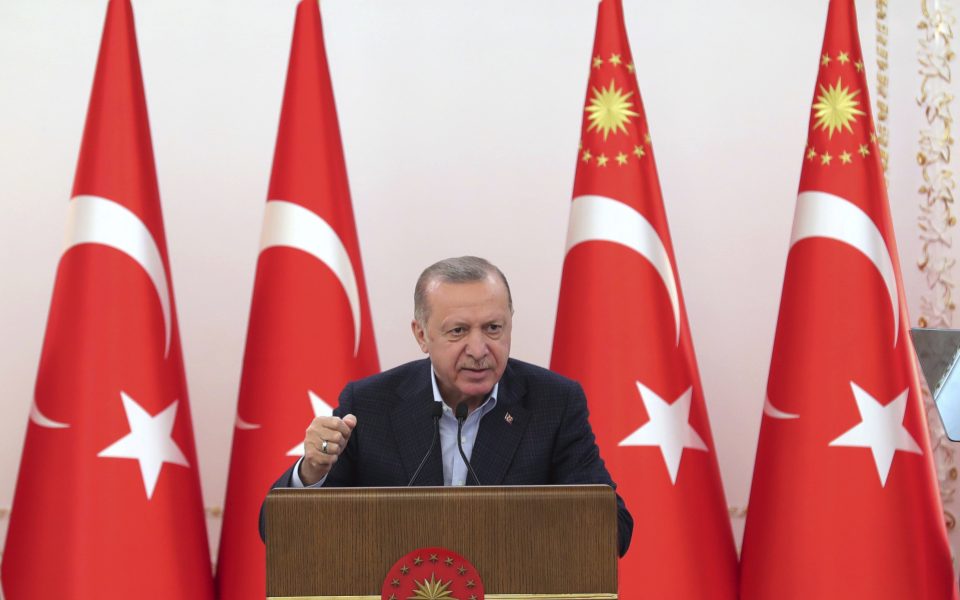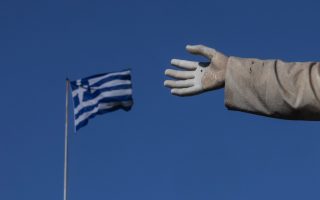Delusions over the status quo

As a country that aims to safeguard the status quo in the region, Greece has for many years rightly sought to link Greek-Turkish bilateral ties with Turkey’s behavior toward the European Union and the broader Western alliance. Ankara’s keenness in recent weeks to disconnect, as it were, Greece from the EU as a particularity or deviation from its otherwise supposedly harmonious relations with the bloc demonstrate that Athens’ policy is paying off.
That said, that policy alone will not do. To be sure, all political powers tend to take comfort in the status quo and the Greek political system is no exception to the rule. Recent years however have seen a change in the status quo (a development marked by the Turkey-Libya maritime accord in the Eastern Mediterranean), and Greece, despite having taken some welcome steps in specific areas, has essentially been following the same foreign policy line.
Greece responded in the only appropriate way when it signed an exclusive economic zone agreement with Egypt, as well as by signing up to the multilateral cooperation schemes with Israel and the Arab countries in the Eastern Mediterranean and the Gulf. Furthermore, after 10 years of strict fiscal adjustment, Greece is making an effort to modernize and upgrade its military arsenal.
Aside from that, many of us tend to analyze Turkey (this, to an extent, also applies to a section of the Greek media) as if we were reviewing the situation through the perspective of the BBC, The New York Times or Le Monde Diplomatique – that is, as if Turkey were the distant problem of some third party. This approach is to some extent understandable as Greece is faced with other major challenges, most importantly its economic recovery, and it cannot allow itself to be constantly preoccupied with the Islamists of the Erdogan administration. However, until there is proof of the opposite, the threats coming from that direction must be taken into serious consideration.
The Turkey-Libya memorandum, the Evros incident, the crisis in the Aegean and the Eastern Mediterranean in 2020, and the conversion of Istanbul’s Hagia Sophia into a mosque did not come out of the blue. They had all been presaged and, after 2016, the ground for these moves had been prepared, month by month.
The status quo that some officials in Athens want to believe in does not really exist. This mandates caution because future developments could be even more unpleasant.





